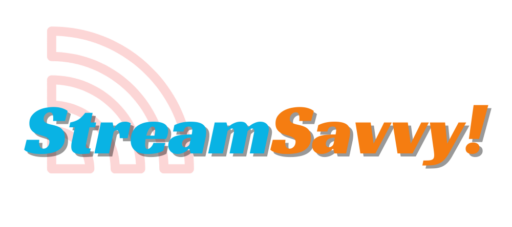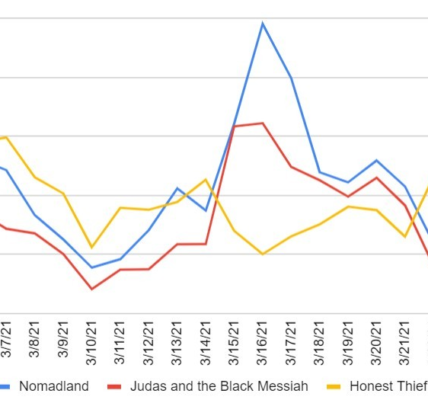Meta Faces Lawsuit Over Alleged Distribution of Pirated Books
Meta is currently embroiled in a legal battle over accusations that it distributed pirated books. A group of authors, including Richard Kadrey, Sarah Silverman, and Christopher Golden, have filed a class-action lawsuit, alleging that Meta used BitTorrent to download millions of books from the shadow library LibGen and subsequently shared them with third parties. Meta, however, denies any wrongdoing, arguing that it took steps to prevent unauthorized file-sharing and asserting that torrenting itself is not inherently illegal.
The Broader AI Copyright Debate
In recent years, companies developing artificial intelligence models have faced increasing scrutiny regarding their use of copyrighted material for training purposes. Numerous lawsuits have been filed against major AI developers, including Meta, over allegations of unauthorized data usage. While Meta and similar companies often argue that their use of such content falls under fair use, courts have yet to provide definitive rulings on the issue.
Meta, led by CEO Mark Zuckerberg, is dealing with multiple copyright infringement lawsuits related to its Llama AI models. The class-action suit filed by the authors claims that Meta not only accessed copyrighted works without permission but also took an extra step by allegedly distributing them via BitTorrent.
Allegations of Unauthorized Book Distribution
The authors contend that Meta’s actions went beyond simply training AI models with copyrighted content. They claim the company downloaded books from LibGen and shared them using BitTorrent. This allegation implies that Meta may have played a direct role in distributing pirated material, raising more severe legal implications.
In an amended complaint, the plaintiffs elaborated on their claims, stating that BitTorrent usage typically involves file-sharing with other users. They assert that Meta, through the LibTorrent platform, functioned as a “distribution hub” for these pirated books. The updated lawsuit highlights Meta’s internal concerns over the legality of using this protocol, quoting internal documentation that acknowledged its potential risks.
The lawsuit presents three main legal challenges against Meta:
- Direct Copyright Infringement
- Removal of Copyright Management Information
- Violation of California’s Computer Data Access and Fraud Act (CDAFA)
Meta’s Response: No Proof of Seeding
Meta has moved to dismiss the allegations, arguing that the lawsuit lacks evidence to support the claim that it actively “seeded” or redistributed files. The company acknowledges using BitTorrent for downloading files but insists that it took preventive measures to avoid unauthorized sharing.
“Plaintiffs focus on ‘torrenting,’ a widely used method for handling large file downloads, but they ignore available evidence showing that Meta implemented safeguards to prevent seeding,” the company stated in its legal response. While Meta admits to acquiring the files, it argues that without proof of redistribution, the claims should not stand.
The Legality of Torrenting
Meta further challenges the lawsuit by addressing the broader legality of BitTorrent usage. According to the company, the California Penal Code § 502 (CDAFA) is meant to prevent unauthorized access to data, and since Meta only downloaded publicly available files, it did not violate the law.
“Torrenting itself is not illegal,” Meta asserts. “It is simply a tool for downloading files and does not inherently constitute copyright infringement.”
The ‘Leeching’ Controversy
Despite Meta’s claims, the plaintiffs argue that the company may have engaged in ‘leeching’—a practice where users download content but do not immediately share it with others. While seeding is a clear act of distribution, leeching may still result in unintentional sharing, raising additional legal questions. If Meta’s downloads contributed to wider distribution in any form, the lawsuit could gain further traction.
Implications for AI and Copyright Law
This lawsuit is among the most significant in the ongoing clash between AI development and copyright protection. It touches on crucial legal and ethical questions, including whether using pirated content for AI training constitutes infringement and whether companies should be held accountable for the tools they employ in acquiring data.
As the case unfolds, it could have far-reaching consequences, setting legal precedents that may shape the future of AI development and digital content distribution. The decision could impact how AI companies acquire data, the responsibilities of tech giants in copyright enforcement, and whether the use of tools like BitTorrent falls under fair use or copyright violation.
With the legal landscape of AI and copyright still evolving, this case will be closely watched by tech companies, policymakers, and content creators alike.







